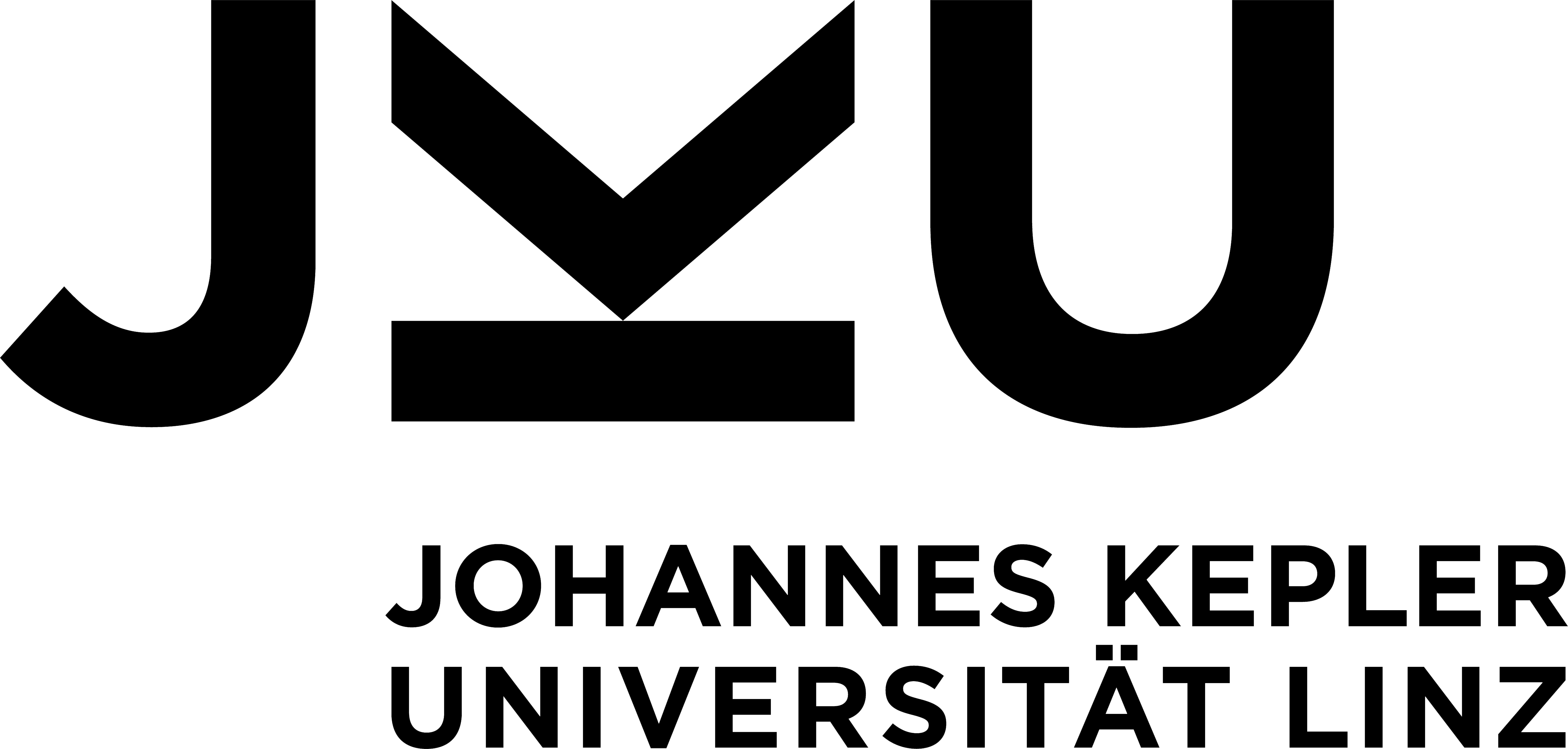Computer Science Colloquium
Thomas Kaltofen
Risc Software
Computer-based Simulation of Strabismus Surgeries and Interactive Eye Motility Diagnosis
Thu 26.03.2015, 17:15, 60 minutesS3-055
Abstract
Every permanent or regularly occurring misalignment of the eyes is described as squinting (?Strabismus?). Thereby, the eyes are not parallel, but one eye diverges from the gaze direction of the other. About 4 to 6% of our population suffer from some form of strabismus. Squint is not just a cosmetic problem but often a severe visual impairment. The earlier squinting occurs in a child?s life and the later it is treated by an ophthalmologist, the more serious the visual impairment will get. Strabismus often has to be corrected through surgery of the outer eye muscles. Such surgeries have to be planned in detail and appropriate surgery procedures have to be chosen. In the past, it was only possible to carry out and perfect the process of a surgery directly on the patient. For complicated pathologies, even the experienced surgeon had to rely on documented empirical values, which often lead to multiple treatments until the result was satisfying. This talk will provide an overview about the simulation system SEE++ (www.seekid. at) for the prediction of clinical surgery results as well as for the illustration of pathological situations in the field of strabismus surgeries. SEE++ is based on a mathematical simulation model (biomechanical model) and features an interactive ?virtual patient? for carrying out common clinical tests. The system simulates the behavior of the human eyes together with the extraocular muscles in a realistic way and therefore provides an experimental platform for the simulation of pathologies and the evaluation of possible surgical treatments.Bio
Thomas Kaltofen has studied Software Engineering at the University of Applied Sciences Upper Austria, Campus Hagenberg (FH Hagenberg), where he already started working on SEE++. Later, the work was continued in the Research Unit 1 Der Fachbereich (http://informatik.jku.at) besteht aus folgenden Instituten: Application Oriented Knowledge Processing (FAW), Bioinformatics, Computational Perception, Computer Architecture, Applied Systems Research and Statistics, Computer Graphics, Formal Models and Verification, Networks and Security, Integrated Circuits, Pervasive Computing, Software Systems Engineering, System Software, Telecooperation, Signal Processing ÖGI-Sekretariat, z.Hd. Frau Monika Neubauer Johannes Kepler Universität Linz, Altenberger Straße 69, A-4040 Linz, Austria oegi-office@faw.jku.at http://oegi.ocg.at Medical Informatics at the Upper Austrian Research GmbH and since 2008, he is working at RISC Software GmbH as Project Manager and Software DeveloperInvited by Univ.-Prof. Dr. Volker Strumpen, Institute for Computer Architecture
The Computer Science Colloquium is organized by the Department of Coputer Science at JKU, the Österreichische Gesellschaft für Informatik (ÖGI) and the Österreichische Computergesellschaft (OCG).
